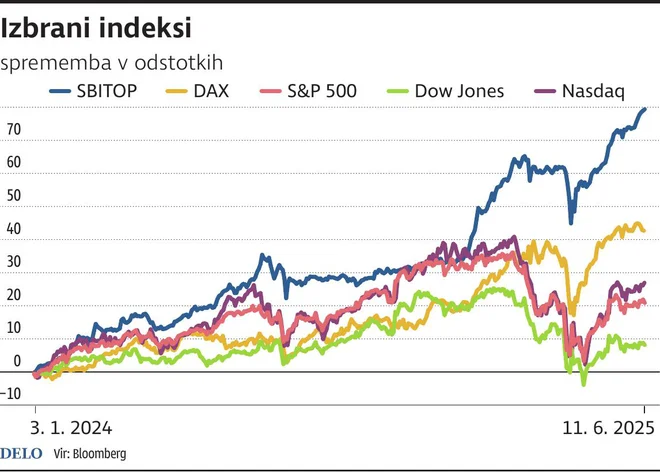Why does the height count on various diseases?
Numerous studies have examined the relationship between height and quality of life and life expectancy. Height may have affected various aspects of health, such as the risk of heart disease or cancer. In lower people, for example, there is less probability of blood clot formation and the formation of Alzheimer’s disease in the higher.
In Hungary, men have an average height of 177.3 centimeters and a women’s crop is 163.7 centimeters. Anyone who is higher or lower than average may notice some advantages and disadvantages about the size of the health that is true of health – writes webmd.com. Although height – or lack therein – does not cause any health problems, studies show that it can increase or reduce the likelihood of certain problems.
Cancer
Some research shows that the height below average has a lower risk of developing certain types of cancer. For example for ovarian cancer. Another investigation by another British male between the ages of 50 and 69 is that lower men have less chance of to prostate cancer.
Diabetes
According to more than 6,000 adults for 5 years, scientists believe that high people are less likely to develop diabetes. It is not clear why there is a connection between the two, but one idea is that the low room may be a sign of malnutrition or other metabolic problems that may result from pre-birth or childhood.
Heart disease
Scientists do not know exactly why, but people lower than 165 cm are about 50%more likely to have coronary heart disease than those who are higher. This may be due to malnutrition or pre -birth or childhood infections that affect growth. It may also be that genes play a role in both height and the likelihood of later heart problems.
This may also be interested
What do you work? The most common in women working in these professions is the development of heart disease
According to an American study with a post -65,000 menopause, women working in certain jobs have much more chance of developing significant heart problems.
Stroke
Higher people are less likely to develop strokes, and this is especially true when they are healthy. Nutrition and other childhood health factors that affect the height can be one of the causes of the relationship.
Blood clot
Studies have shown that the lower one, the lower the probability of blood clot formation. People have the lowest chance of blood clot formation who are 1.5 meters or less.
Alzheimer’s disease
Height can be an advantage of Alzheimer’s disease especially in men. A study of more than 500 people has shown that males about 178 cm or higher are almost 60%lower than those who are lower. The risk may be lower than higher women, but the relationship does not seem so strong for them.
Pregnancy
High women are more likely to reach pregnancy longer than lower ones. According to a study, women lower than 1.52 meters were more likely to give birth before the end of their pregnancy than those who were higher than 1.52 meters. And the lower woman gave birth to one centimeters between two pregnant women each centimeter. Scientists do not know for sure why this is, but it may be related to certain parts of the body such as the pelvis or cervix.
Hair loss
A study with more than 22,000 men from a seven countries showed that lower men have a greater chance of for baldness. Scientists have been looking for gene changes that could increase the chance of men’s early hair loss. There were four gene that were related to both masculine baldness and lower stature.
Longer life
Over the years, many studies have shown that lower people generally live slightly longer than higher people and have less chronic diseases with aging. Scientists are still investigating the causes, but some areas that are examined, including the degree of time damage, levels of some hormones, and the size of some organs such as the brain, liver and kidneys.
Heat -firing
Lower people are less likely to overheat or a more severe condition, a heat stroke. This is mainly because higher – and harder – people produce more body heat. If it is produced faster than it is submitted, for example, during intense exercise, it can lead to heat stroke or thermal function. On the other hand, higher people freeze faster in colder times than lower ones, as the larger surface means higher heat loss.
Lower back pain and hip fracture
Lower people are less likely to have a lower back pain or a fracture of the hip. One possible reason is that higher people have a higher risk of high center of gravity. Not only does this mean that they are more likely to fall, but it can also result in more power to hit the ground.





